Recently I saw a news story about a woman who lost 177 lbs and restored her health by followed what was called “The Daniel Diet.” I found her story compelling and inspiring. Apparently this idea is being picked up in many churches throughout the country for both its physical and spiritual benefits, linking “faith, food, and fitness.” If you do a Google search for “Daniel diet” or “the Daniel fast” you will get thousands of results, indicating how widespread the idea is, with recipes, books, videos, and all sorts of health oriented motivational materials. People who follow this diet find improvement in general health, especially those suffering from obesity, adult diabetes, constipation, fatigue, indigestion, water retention, high blood pressure, high cholesterol, skin problems and so forth. Longer term benefits boost the body’s ability to resist heart disease and certain forms of cancer.
The idea comes from chapter 1 of the book of Daniel. The Babylonian king Nebuchadnezzar had taken captive Daniel and a select group of young Jewish youths following the siege of Jerusalem in 606 BCE and brought them to Babylon for training and service in the royal court. They were to undergo a three year educational program in all the learning and language of the Chaldeans. They were given rations of the “rich food” and wine from the king’s table. Daniel and three of his companions resolved that they would not “defile” themselves with this rich diet. He proposed to the royal steward a 10 day test in which they would eat only “vegetables and water.” The steward was concerned that they would become thin and unhealthy looking but agreed to the test. At the end of the 10 days Daniel and his friends were thriving and healthy in appearance on this diet and they were allowed to follow this special regime during their entire time of training–and presumably thereafter. Daniel 10:2-3 specifies a three week period in which Daniel says he ate no “delicacies,” and abstained from meat and wine. The Hebrew word translated “delicacies” (חמדות/chamudot) literally means “desirables,” perhaps referring to sweets or other “dainty” concoctions.
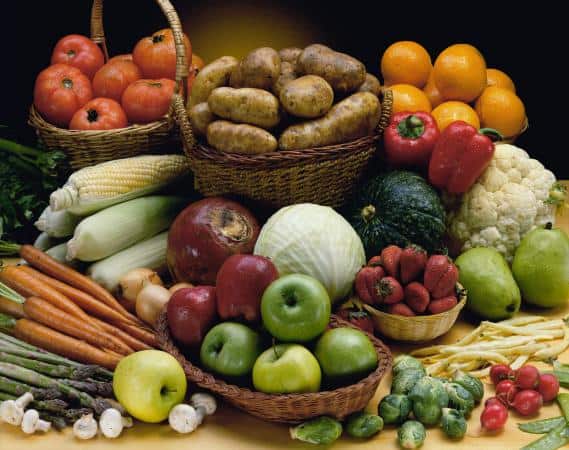
The “rich food” of the King (פתבג/patbag) likely contained meat from animals forbidden as food in the Torah or perhaps containing blood or involved in sacrificial rites to Babylonian deities (Deut 14:3-21; 12:15-16). The word translated “vegetables” is more specific in Hebrew. It is literally “seeds” (זרעים/zero’im), referring to things that grow from and produce “seeds.” The reference goes back to Genesis 1:29-30 where God specifies the human diet:
And God said, ‘Behold, I have given you every plant yielding seed which is upon the face of all the earth, and every tree with seed in its fruit; you shall have them for food. And to every beast of the earth, and to every bird of the air, and to everything that creeps on the earth, everything that has the breath of life I have given every green plant for food.’ And it was so.
This text of Genesis implies that the original ideal “Edenic” diet for humans and animals was plant-based. Meat is not eaten until after the Flood of Noah as “violence” filled the earth (Genesis 9). Isaiah pictures the ideal future as some sort of “return to Eden,” where there is no “slaughter” in the earth and the lion and the lamb lie down together:
They shall not hurt or slaughter in all my holy mountain; for the earth shall be full of the knowledge of the LORD as the waters cover the sea. (Isaiah 11:9)
Apparently the messianic movement inaugurated by John the Baptizer, and subsequently taken up and advanced by Jesus and his brother James, valued the “Daniel diet,” and abstained from meat, wine, and even bread. John’s lifestyle is described in the Synoptics as “neither eating bread nor drinking wine” (Luke 7:33//Matthew 11:18). I have written about this more fully in my post “Did John the Baptist Eat Bugs, Beans, or Pancakes.” The objection to “bread” had to do with a desire to withdrawal from any kind of food other than that which “grows of itself,” according to Slavonic Josephus (see Loeb edition of Josephus, Jewish War, Vol 3, Appendix, pp. 644-645). Hegesippus, a 2nd century Jewish follower of Jesus, records that James the brother of Jesus abstained from the flesh of animals and from wine. See my summary, “Primary Sources on James the Just” for primary references, as well as the essays by my student, Jeff Poplin, discussing all the sources, “Essays on James the Brother of Jesus.” We know the Jewish followers of Jesus, who were later known as the “Ebionites,” continued to follow the lifestyle of James well into the 2nd century. We have fragments of Ebionite gospels in which Jesus condemns animal sacrifices outright as displeasing to God. Whether Jesus followed a vegetarian lifestyle seems at first glance to be contradicted in the New Testament gospels (his eating “fish” in Luke 24 and John 21 are the only clear examples), but the case is not as self-evident as one might assume. These notably apologetic passages are late and written to emphasize the “physical” nature of Jesus’ resurrection body. See my full discussion of the development of the “resurrection appearance” traditions, “Why People are Confused About the Earliest Christian View of Resurrection of the Dead.” In fact Jesus’ “last supper” with his disciples can be read as a rejection of eating the lamb at Passover, as Bruce Chilton has so ably argued, see my post, “Eat My Body, Drink My Blood–Did Jesus Really Ever Say This?” More broadly, for the case of Jesus as a vegetarian, I highly recommend the work of Keith Akers, see his web site and book here. Paul of course took a counter view, but nonetheless urged tolerance for those who followed the lifestyle of James, though he refers to them as “weaker brothers” (Romans 14).
This Daniel diet is essentially what people today commonly call a vegan diet–that is no meat, dairy, or animal products. Such a diet would be of course rich in fruits, vegetables, nuts, seeds, and whole grains, preferably organic, unprocessed, and eaten raw when possible–see here for a list of basic foods that can be included. I have noticed that many web sites that tout a “Daniel diet,” rather strangely, still include meat–so they are not even vegetarian–but others are aligned more strictly to the texts of Genesis and Daniel.
One of the reasons this plant-based diet is becoming more and more widespread worldwide is for its health benefits–but others chose to abstain from meat and dairy products based on the cruelty to animals so widespread in our methods of factory farm production and slaughter. Recent documentaries such as “Forks over Knives,” and “Fat, Sick, and Nearly Dead,” have inspired millions to try some version of the Daniel diet–even the trailers of these films are inspiring and motivational.
A Personal Note: I have eaten a vegetarian diet, as have all of my family, since 1985. My reasons were mostly in the interest of an ethical treatment of animals but health benefits seemed obvious. I am 70 years old and have had no health problems and take no medications–I am not boasting here at all, just mostly thankful, and I am sure genetics play a part in all health conditions. I read John Robbins book, Diet for a New America years ago and that did it for me. Recently I am moving toward eliminating dairy and eggs and going mostly vegan–primarily due to the widespread unspeakably horrible practices in the dairy industry and egg production facilities–but I believe the health benefits are also major. So far I have not been inspired to eliminate wine 🙂 –even with the example of Daniel, though I am sure it might be a healthy move overall.


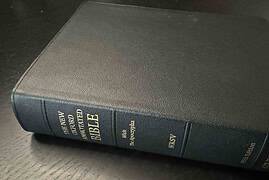
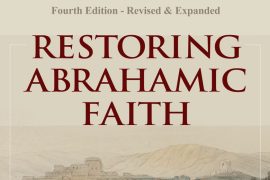
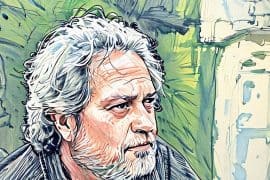
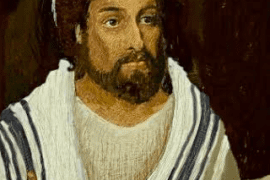
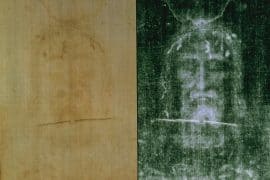
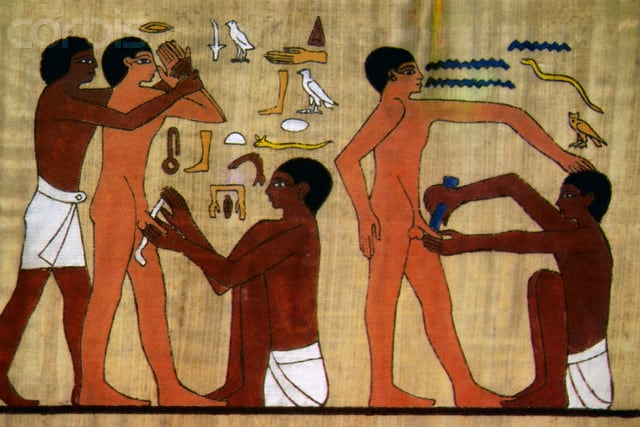

Comments are closed.